Q&A: Christopher Sundberg on the role of muscles in the aging process
What determines healthspan, the term used to describe the number of years people live in good health and free from chronic disease? Muscle physiology plays a key role.
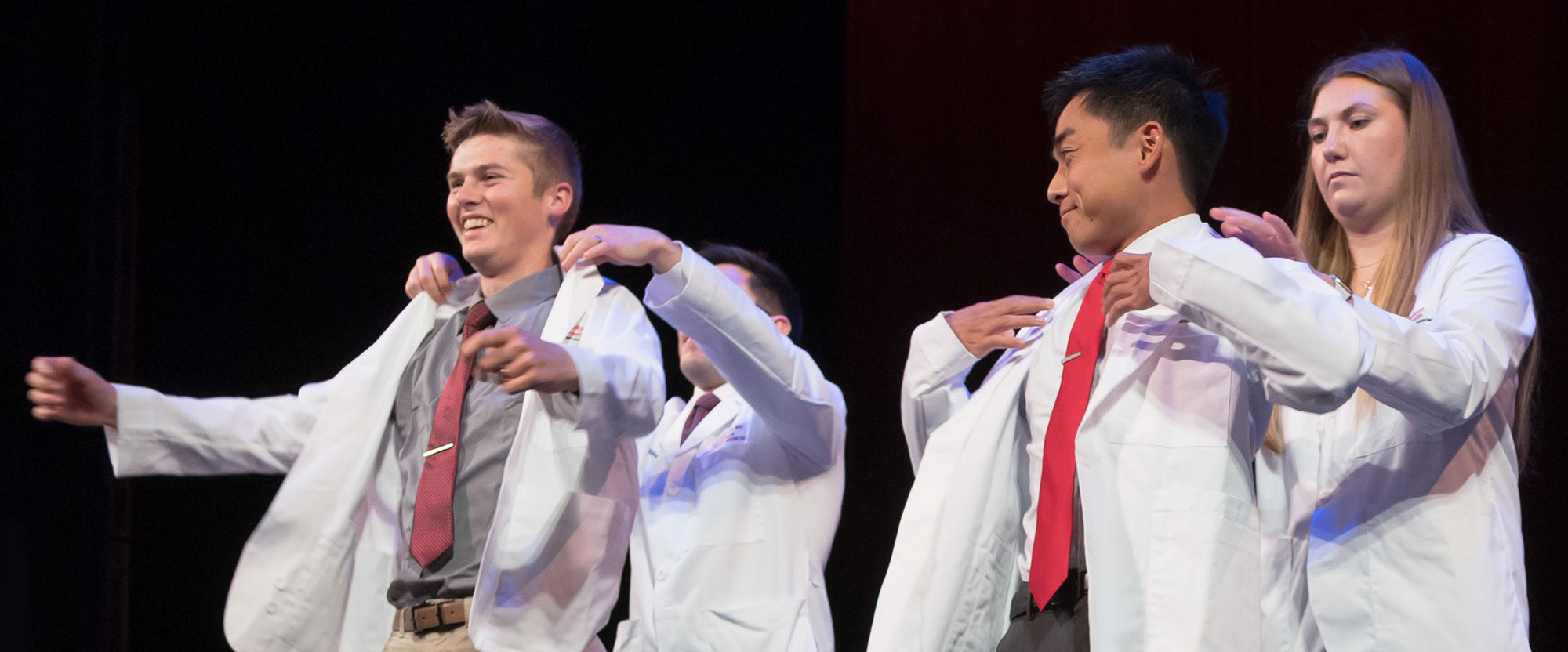
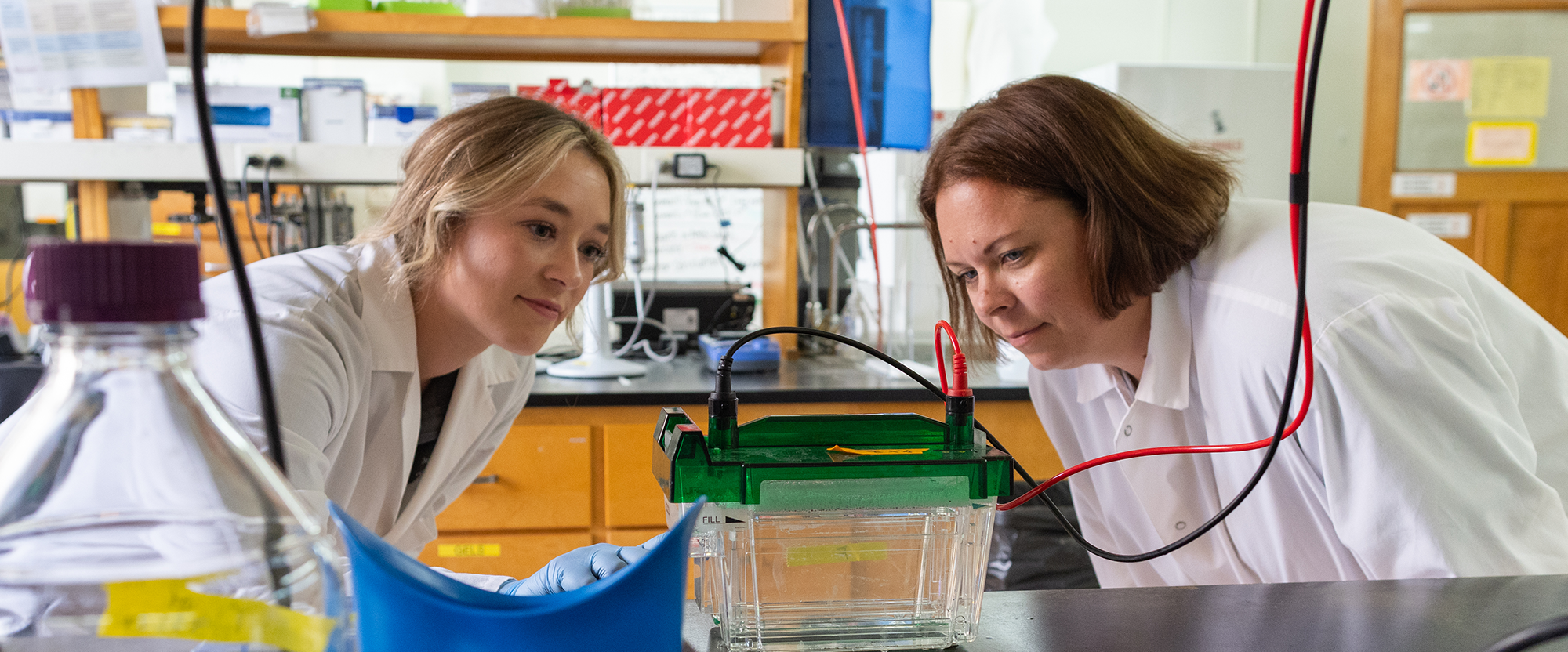
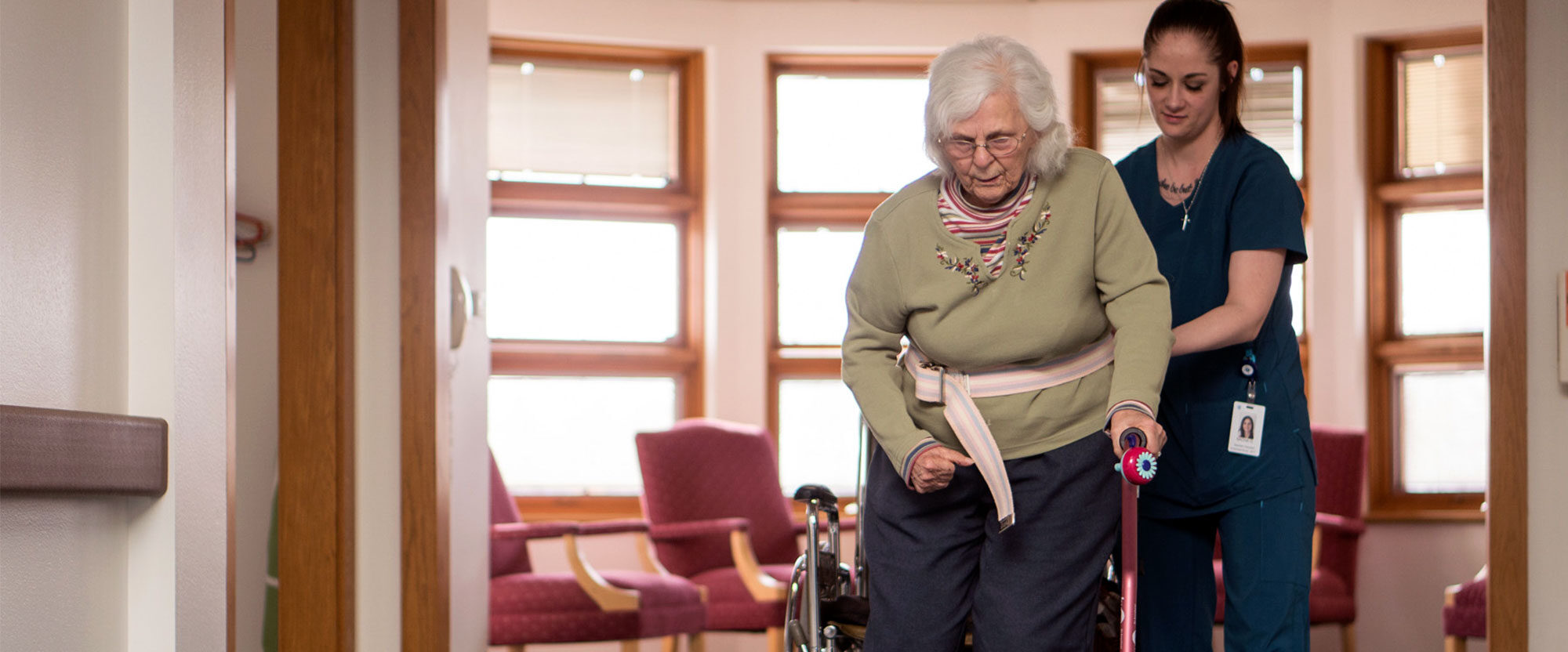
Students benefit from the unification of medicine and public health in teaching, learning and research. Our statewide campus and our partnership with UW Health University Hospitals and Clinics mean more opportunities for hands-on learning, collaboration and engagement.
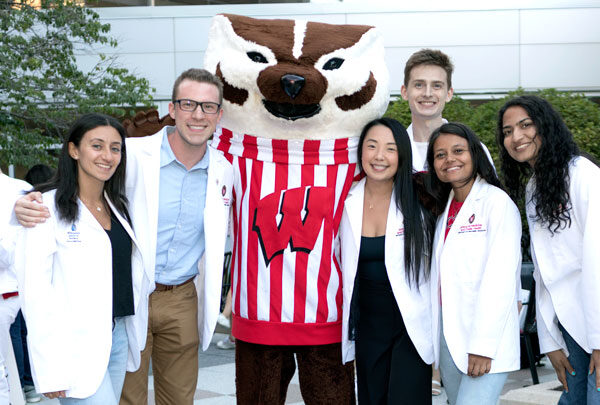
School of Medicine and Public Health in the country
Health professions programs + 27 PhD and MS graduate programs*
Departments and 30+ centers and institutes
Clinical training partners in Wisconsin
Extramural research funding
Faculty in clinical, basic and applied science
* Including 8 affiliated programs
We are advancing health and health equity through remarkable service to patients and communities, outstanding education and innovative research.
The Neighborhood Atlas® maps degrees of socio-economic disadvantage, which can affect health outcomes.
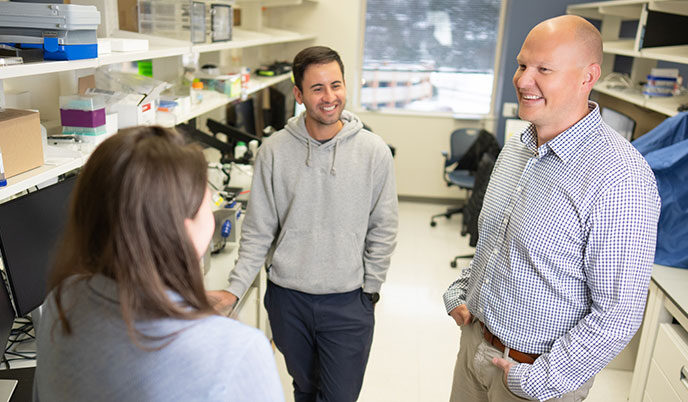
What determines healthspan, the term used to describe the number of years people live in good health and free from chronic disease? Muscle physiology plays a key role.
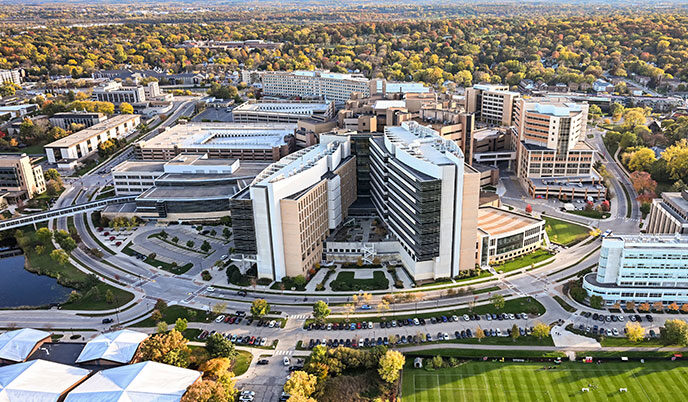
The numbers are in — the end-of-year web analytics, that is — and they show robust interest in research at the UW School of Medicine and Public Health! In 2025, articles about new discoveries and one-on-one interviews with researchers were among the most-viewed stories of the year.
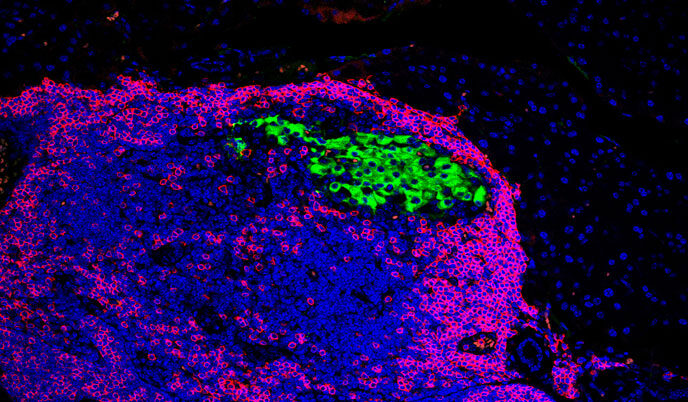
UW–Madison researchers have uncovered a possible way to protect key cells in the pancreas that are targeted during the development of Type 1 diabetes.

A randomized trial showed that ambient AI notetaking can help reduce health care practitioner burnout by reducing time spent documenting clinical notes.
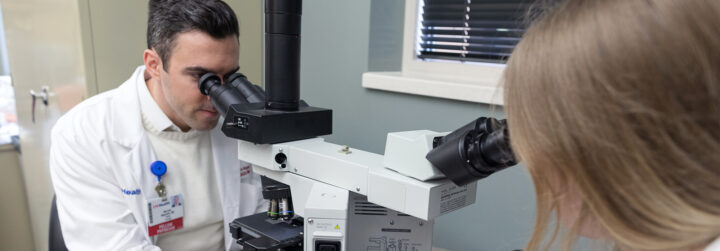
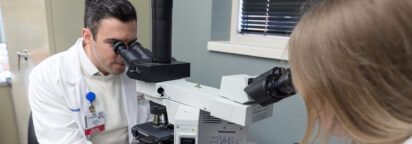
We are proud of our long history of innovation and translational research. From microscopy to medical informatics, from cancer research to kinetics and rehabilitation, our investigators are making key discoveries that lead to better treatments.
The School of Medicine and Public Health has a deep and profound commitment to creating belonging for everyone, both as an end in itself and as a valuable means for improving health outcomes.
Social impact and belonging mission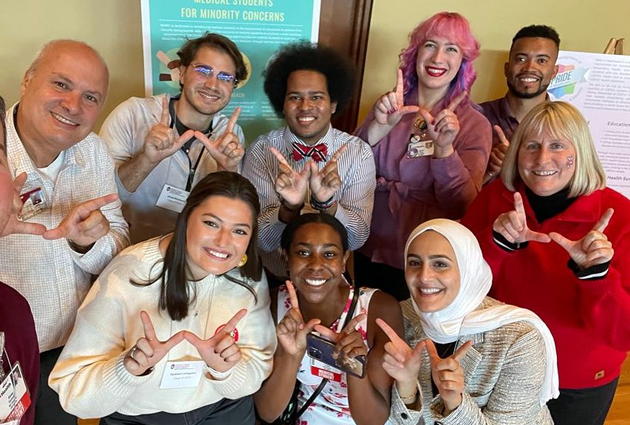
In keeping with the Wisconsin Idea, our engagement extends across the state. Through affiliations with UW Health, hospitals, and rural and urban clinics, students and faculty participate in education and research and improve the lives of the people of Wisconsin and beyond.
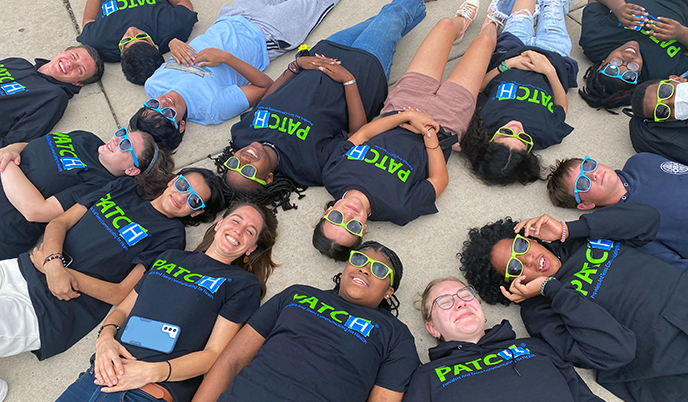
The Wisconsin Partnership Program funds education initiatives, research and community health programs targeting the state’s vital health needs.
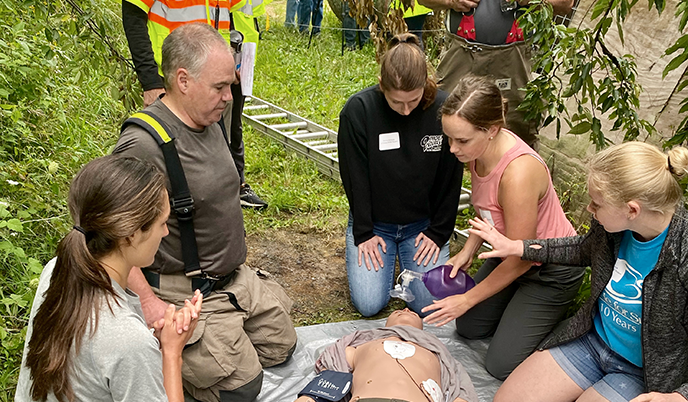
The borders of our campus extend to the entire state. Medical students learn from hundreds of volunteer physicians at hospitals and clinics throughout Wisconsin.
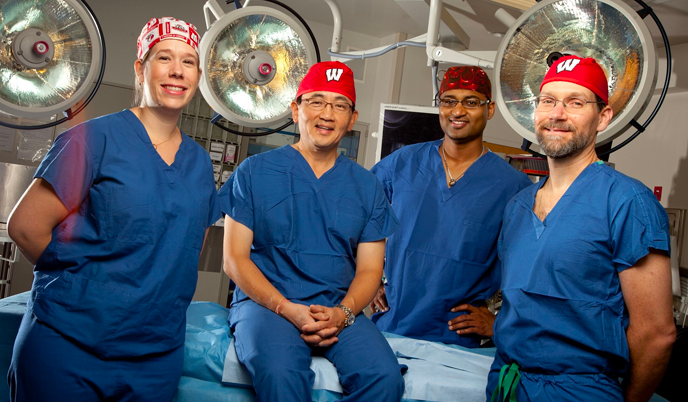
UW Health faculty physicians care for patients at University Hospital, Carbone Cancer Center, American Family Children’s Hospital and other regional hospitals and clinics.
Wisconsin Medicine is the philanthropic partnership between the UW School of Medicine and Public Health, UW Health and donors like you.